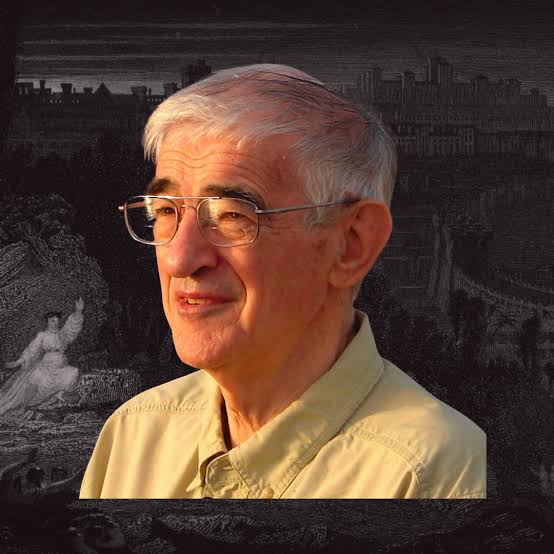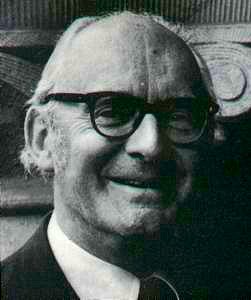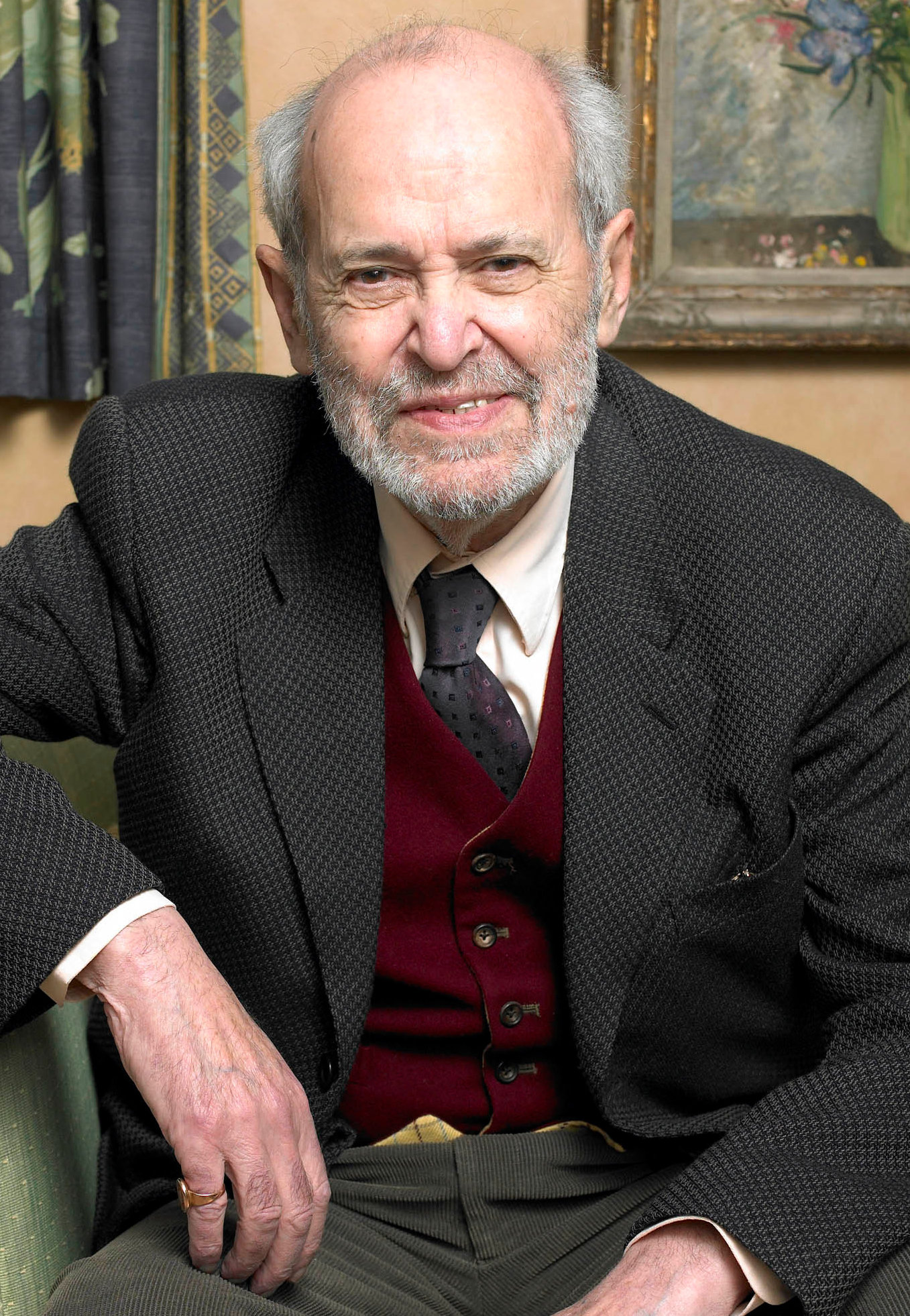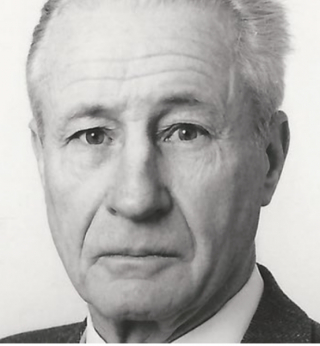Bible Scholars and Experts
Not one of these people listed below is a Christian, which I find very interesting, considering their choice of career. However, there is a clear consensus amongst these people about the historicity of Jesus – those who hold an alternative opinion are also noted in the response of R. Joseph Hoffman.
As an atheist, one of my favourite arguments with Christians was that they had no evidence for the existence of Jesus, let alone for his Miracles or Deity. After all, how can you claim this Man was God if you cannot even provide Evidence that he existed?
This argument disappeared when more and more atheist Bible Historians began to state that the historical evidence is undeniable for:
- the existence of Jesus of Nazareth
- that he was crucified by the Romans
- that his followers died for their claims about him.
“Anyone who believes today that there is no evidence for these historical claims is either ignorant or disingenuous.”

Bart Ehrman
“Whether we like it or not, Jesus certainly existed.”
—
“Despite the enormous range of opinion, there are several points on which virtually all scholars of antiquity agree. Jesus was a Jewish man, known to be a preacher and teacher, who was crucified (a Roman form of execution) in Jerusalem during the reign of the Roman emperor Tiberius, when Pontius Pilate was the governor of Judea”.
—
“I think the evidence is just so overwhelming that Jesus existed, that it’s silly to talk about him not existing. I don’t know anyone who is a responsible historian, who is actually trained in the historical method, or anybody who is a biblical scholar who does this for a living, who gives any credence at all to any of this.”
When asked about the Jesus myth theory:
“This is not an issue for scholars. There is no scholar in any college or university who teaches classics, ancient history, new testament, early christianity, who doubts that Jesus existed. He is abundantly attested in early sources. Early and independent sources indicate that Jesus certainly existed. Paul is an eyewitness to both Jesus’ disciple Peter and the brother of Jesus. Like, I’m sorry. Atheists have done themselves a disservice by jumping on the bandwagon of mythicism because it makes you look foolish to the outside world.”

Gerd Lüdemann
“Jesus’ death as a consequence of crucifixion is indisputable”.
“It may be taken as historically certain that Peter and the disciples had experiences after Jesus’ death in which Jesus appeared to them as the risen Christ.”
“After Jesus’ death, the disciples endured persecution, and a number of them experienced martyrdom. The strength of their conviction indicates that they were not just claiming Jesus had appeared to them after rising from the dead. They really believed it. They willingly endangered themselves by publicly proclaiming the risen Christ.”
John Dominic Crossan
“That he was crucified is as sure as anything historical can ever be, since both Josephus and Tacitus … agree with the Christian accounts on at least that basic fact.”
“I glimpse again that biblical rhythm of expansion-and-contraction, assertion-and-subversion. As that rhythm becomes ever clearer as the very heartbeat of the biblical tradition, we will see the basic solution for How to Read the Bible and Still Be a Christian. Read it all carefully and thoughtfully, recognize radicality’s assertion, expect normalcy’s subversion, and respect the honesty of a story that tells the truth.”


Michael Grant
“In recent years, no serious scholar has ventured to postulate the non historicity of Jesus or at any rate very few, and they have not succeeded in disposing of the much stronger, indeed very abundant, evidence to the contrary.”
“If we apply to the New Testament, as we should, the same sort of criteria as we should apply to other ancient writings containing historical material, we can no more reject Jesus’ existence than we can reject the existence of a mass of pagan personages whose reality as historical figures is never questioned.”
Ed Parish Sanders
“I shall first offer a list of statements about Jesus that meet two standards: they are almost beyond dispute; and they belong to the framework of his life, and especially of his public career. (A list of everything that we know about Jesus would be appreciably longer.) Jesus was born c 4 BCE near the time of the death of Herod the Great; he spent his childhood and early adult years in Nazareth, a Galilean village; he was baptised by John the Baptist; he called disciples; he taught in the towns, villages and countryside of Galilee (apparently not the cities); he preached ‘the kingdom of God’; about the year 30 he went to Jerusalem for Passover; he created a disturbance in the Temple area; he had a final meal with the disciples; he was arrested and interrogated by Jewish authorities, specifically the high priest; he was executed on the orders of the Roman prefect, Pontius Pilate.”


Geza Vermes
“Who was Jesus?
Did he exist?
Was he God?
Is he still relevant?
To start with, the existence of Jesus is no longer debatable. He was crucified under Pontius Pilate, Roman governor of Judea between AD26 and 36, and was most probably born shortly before the death of Herod the Great in 4BC.”
George Albert Wells
Once believed Jesus was a myth, and formerly one of the best known advocates of the “christ myth” theory.
“Nearly all commentators who mention the matter at all, [set] aside doubts about Jesus’ historicity as ridiculous.” He adds, “the view that there was no historical Jesus, that his earthly existence is a fiction of earliest Christianity … is today almost universally rejected.”
“Serious students of the New Testament today regard the existence of Jesus as an unassailable fact”


Marcus Borg
In an interview, Borg is asked “So we have the proposition: “Jesus once walked this earth.” True or false?”.
Borg responds: “True. The reasons for thinking that Jesus was invented by the early Christians are so weak. We have no reason to think that they did.”
In another interview he stated: “Though a few books have recently argued that Jesus never existed, the evidence that he did is persuasive to the vast majority of scholars, whether Christian or non-Christian”.
“Some judgments are so probable as to be certain; for example, Jesus really existed, and he really was crucified, just as Julius Caesar really existed and was assassinated… We can in fact know as much about Jesus as we can about any figure in the ancient world.”
Edwin Judge
“An ancient historian has no problem seeing the phenomenon of Jesus as an historical one. His many surprising aspects only help anchor him in history. Myth and legend would have created a more predictable figure. The writings that sprang up about Jesus also reveal to us a movement of thought and an experience of life so unusual that something much more substantial than the imagination is needed to explain it.”


Graeme Clarke
“Frankly, I know of no ancient historian/biblical historian who would have a twinge of doubt about the existence of a Jesus Christ – the documentary evidence is simply overwhelming”

... and the list goes on
R. Joseph Hoffman
“While there is some very slight chance that Jesus did not exist, the evidence that he existed is sufficiently and cumulatively strong enough to defeat those doubts.”
—
In response to Richard Carrier on the non-existence of Jesus: “Only in the age of instant misinformation and net-attack is this kind of idiocy possible. Only in the atheist universe, where the major premise – “religion is a lie so the study of religion is the study of lying” – infects everything, is this kind of lunacy possible.”

He continues:
“The free thought rabble have chosen [Richard] Carrier as their standard bearer, without any reason to put their trust in his inane conclusions and methods—a man who has never published a significant piece of biblical scholarship, never been peer reviewed (peers?), never been vetted, and never held an academic position. His “reputation” depends on deflecting his mirror image of himself as a misunderstood, self-construed genius onto a few dozen equally maladroit followers. “
“In their own areas, it would be as though the supporters of flat earth theory and spontaneous generation were given equal time at the podium and a spotlight to scoff at astronomy and biology, but—the impoverished reasoning seems to run—this is Biblical studies—how serious do you have to be? “Atheist biblical studies” as it is represented by Carrier and company is nothing more than a conspiracy theory in search of respectability. Since that isn’t forthcoming through the normal channels of recognition—scholarship I mean—it has to rely on trivializing the settled or nearly-settled conclusions of modern scholarship itself, and if that doesn’t work, bashing the scholars.”
“The disease these buggers [sic] spread is ignorance disguised as common sense. They are the single greatest threat, next to fundamentalism, to the calm and considered academic study of religion, touting the scientific method as their Mod Op while ignoring its application to historical study.“
... to conclude
Remember, not one of these people is a Christian. Yet, they all unequivocally claim that the evidence confirms:
- the existence of Jesus of Nazareth
- that he was crucified by the Romans
- that his followers died for their claims about him.
Does this prove that he is God?
Does it prove that he performed miracles?
No, it does not. However, now that the claim that there is no evidence for these facts is proven to be false, we can move on to these other claims.
Please look out for the next article on this topic.
